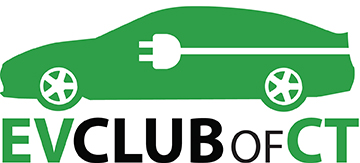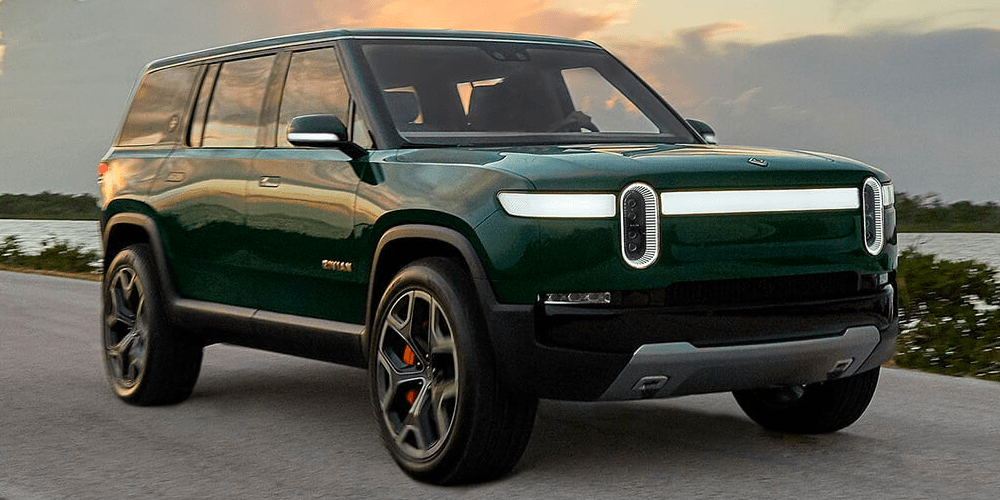SB-214 Passes with 21 Votes
SB-214 has passed the Transportation Committee by a vote of 21-14. To see how individual members voted, check out the tally on the committee website.
Legislators are offered time to comment before the vote is taken and several took the opportunity.
Representative Devin Carney (R) (Ranking Member), who is a no vote, said that there is no longer a need because dealerships are now selling EVs, a change from several years ago. He opined that Tesla is a legitimate company, but that other, newer entrants like Rivian and Lucid, with their difficulties in ramping production, are not, and thus do not deserve this “carve-out.” He also objected to characterizations made of the legacy companies that they don’t care about the environment, and cited some of the challenges of sourcing the materials necessary for battery manufacturing from places like the Democratic Republic of the Congo.
Representative Jonathan Steinberg (D), a longtime supporter of direct sales, said this year’s bill was an improvement over past bills. (The bill is restricted to battery electric vehicles and is no longer just a Tesla bill). Steinberg notes that the dealers say that direct sales will hurt their businesses but that the data from states where direct sales is legal just don’t support that conclusion. He thinks the entire auto purchasing relational experience will change, that it’s about competitiveness, and that this bill supports consumer choice. Interestingly, he said that he would support a bill that goes further than this one and do away with the franchise laws entirely.
Representative Stephen Meskers (D) said he was a yes because “at some level, the markets should decide.” His main concern was about whether this would extract profits from the state and vowed to engage with Tesla and the other companies to push them to maximize their investment in CT, including vocational-technical training.
Senator Henri Martin (R), voting no, complained that he doesn’t understand why this bill keeps coming back year after year. He feels that this bill does not protect consumers, questions whether there will be adequate servicing facilities, and that it comes down to having two sets of laws.
The actual committee vote was more bipartisan than the above comments might indicate. However, as best we know, last year there were no Republican votes in the Senate for this bill (since the bill didn’t get called, there was no recorded vote). That is something we hope to see change.
Bills similar to SB-214 have made it out of committee in the past but haven’t made it across the finish line. The Senate is the next stop for SB-214.
We think that Representative Steinberg is spot on. This industry is changing but it needs to change faster. Consumers overwhelmingly support this legislation. Now is the time to tell your legislators that you support the free-market and consumer choice, and that the current, antiquated laws are holding back EV adoption.
You can use this page to find your state senator and representative.


My husband and I have owned EV’s for the past 6 years.
In that time we’ve enjoyed the technology involved that has let us spend less money on maintenance, “fuel,” and travel. We have driven cross country several times. Savings example: we drove to Florida and back for under $250. Can’t do that in a gas car.
To address specifics that have been brought up:
1. Rep Carney: As these start-up companies ramp production, and bring their cars to market, if there is no protection available by allowing direct sales and EV maintenance shops there will be a negative effect not only in the adoption of EV’s, but also across the entire market as more and more consumers want to take part in the monetary savings of EV’s and are refused the choice. Consumers in CT will either buy them elsewhere or hold off buying at all if they specifically want only an EV that they can purchase here. It will also hurt the legacy companies many of who are already planning to either partially or totally move to direct sales as their EV’s roll off-line. The laws put in place banning direct sales were done to keep manufacturers from opening their own stores and undercutting dealerships—Not to ban direct sales of cars that are not available any other way. We can buy any other conceivable item online or in a store. And the “dealership experience” is no longer something most consumers want or look for. Tesla, for example, never was going to use the dealership model. Therefore, there is no Tesla dealership for the manufacturer to undercut. Yes, legacy companies have dealerships. Yes, a few have EV’s available for immediate purchase. However, as of now all of these legacy and new companies are still struggling to ramp production to the point of demand due to lack of resources and microchips due to supply chain issues caused by the pandemic. Not only this, but a few of these manufacturers are also attempting to find less expansive and less difficult materials sourcing (especially for batteries) to not only cut down the supply chain issues, but also to keep on advancing the tech to make these EV’s greener than they already are.
For us, we had the means to drive out of state and purchase our EV in New York. That sales tax money (about $14000 for our 2 vehicles) went to New York. As of 2019 there were more than 9000 Teslas in the state of Connecticut and more than 14,000 EV’s total. That has now increased to more than 21,000 EV’s in the state (that’s over $100 million in taxes paid to other states) as of January 2022. How much money has the state lost and will continue to lose if this bill is not passed?
Vehicles are in the top 5 most expensive items households will buy. We shouldn’t be giving our tax money to other states, but if this bill doesn’t pass, more people will simply purchase their EV elsewhere (as they already are doing) and let their tax dollars on the purchase go there instead. And the consumer won’t be mad at this. They got the car they wanted. And didn’t have to deal with the “dealership experience.”
If this “carve-out” doesn’t happen, companies other than Tesla (who don’t deserve it according to Rep Carney) will ignore sales, opening stores, and opening maintenance shops in the state removing higher competition for Tesla that already has one maintenance shop and one showroom (both in Fairfield county if I am not mistaken—and we need more maintenance shops).
Competition lowers prices—sounds like the legacy dealers are afraid to lose money to new companies. That’s a good thing for the consumer! Competition not only lowers prices and increases purchases, it also makes companies treat their customers better as they don’t want the sale to go to “the other guy.”
Rep Steinberg and Meskers: seem to understand that consumers have changed their minds about how they want to spend their time and money. Competition and consumer choice should not be limited by the outdated and outmoded dealership model. Who wants to spend two+ hours at a car dealer? We completely agree with Rep Steinberg’s support to completely eliminate the dealership franchise law.
Senator Martin: has completely missed the point. Consumers are already purchasing and will continue to purchase cars out of state if need be. Which will continue to lose the state money. If he is really concerned about the number of service centers available, then he needs to not only speak to Mr Gengras, Mr Hoffman and other dealers in the state and ask them why they’ve made it impossible for EV makers like Tesla to open even a bare bones maintenance shop in East Hartford and other places. They’ve created a scenario that has lost the state (and my town, which needs the business) good paying jobs, denies EV owners that don’t own a legacy EV an acceptable driving distance to maintain our vehicles, and in the long run has alienated customers that would consider buying a legacy company EV. As of 2017, only 5 states have denied EV direct sales. Connecticut is behind the curve on this one. Drastically behind. It would not be fair to have two sets of laws (one for EV’s and one for non-ev’s?—his thought on that isn’t clear). Consumers are not protected by the current law as that law has been weaponized by legacy car makers to keep their competition at bay—and the consumer is mad as hell.
I’ve been told that the sales tax, even though I purchased in NY went to CT. I don’t know if this is accurate when either buying and leasing or just one or the other. Or whether it happens this way at all. Point: it SHOULD go to the state you purchase in IMO. You bought it off the labor of consumers in that state but, seems that that particular point may not be the case. Feel free to correct me on this fact.